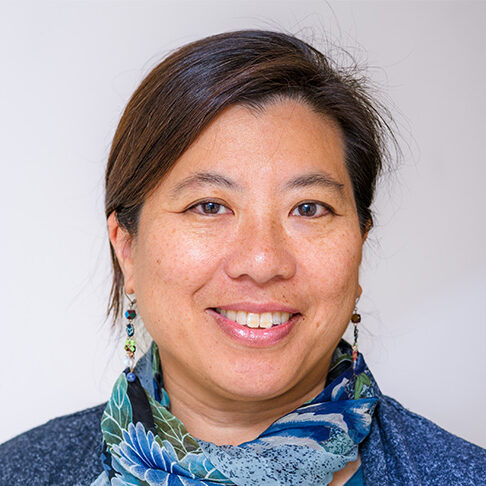For over a decade, immune checkpoint blockade and cellular therapy for diverse cancer types have provided clear evidence of the transformative power of T cell-directed therapies. However, at the same time, better mechanistic understanding is urgently needed to improve the efficacy of these potentially life-saving therapies, as only a subset of patients will respond. Issues such as T cell exhaustion, insufficient understanding of neoantigen presentation and recognition, and an immunosuppressive tumor microenvironment all act as barriers for effective T cell anti-tumor response, particularly in solid tumors. To ensure T cell therapy is efficacious for more patients, there is a critical need to identify the critical tumor antigens and the receptors that detect them, and develop new methods to optimize the functionality of tumor-reactive T cells.
To achieve these goals, this Endeavor team has assembled a multidisciplinary group of investigators specializing in antigen discovery, spatial genomics, and T cell manipulation. The researchers plan to use samples from patients with colorectal cancer and high-grade serous ovarian cancer to investigate these questions. Their plan includes the identification of tumor-reactive T cell receptors (TCRs), the crucial TCRs for tumor killing, T cell clonotypes’ interactions with the tumor microenvironment (TME), and the optimal functional state of T cells for durable tumor control. They will integrate innovative methods that their groups have developed to achieve these goals. These include a scalable approach for rapid identification of tumor-reactive T cells and their target antigens; a spatial genomics technique called for sequencing TCRs, transcripts, and tumor DNA with spatial indexing; and methods to study factors controlling T cell state using perturbation coupled with single-cell and spatial transcriptomics.
The goal of this Endeavor team is to translate their findings into personalized and shared therapies by developing clinical trials that use T cells precisely engineered for optimal tumor control with genetic modulators and tumor-specific TCRs. By addressing the challenges in T cell therapy and understanding the roles of T cell states and the microenvironment, this research will contribute to more effective T-cell-directed cancer immunotherapies, potentially benefiting a broad range of malignancies and providing insights for precision T cell immunotherapy for cancer.
published research
Chen JH, Nieman LT, Spurrell M, Jorgji V, Elmelech L, Richieri P, Xu KH, Madhu R, Parikh M, Zamora I, Mehta A, Nabel CS, Freeman SS, Pirl JD, Lu C, Meador CB, Barth JL, Sakhi M, Tang AL, Sarkizova S, Price C, Fernandez NF, Emanuel G, He J, Van Raay K, Reeves JW, Yizhak K, Hofree M, Shih A, Sade-Feldman M, Boland GM, Pelka K, Aryee MJ, Mino-Kenudson M, Gainor JF, Korsunsky I, Hacohen N. Human lung cancer harbors spatially organized stem-immunity hubs associated with response to immunotherapy. Nat Immunol. 2024.






